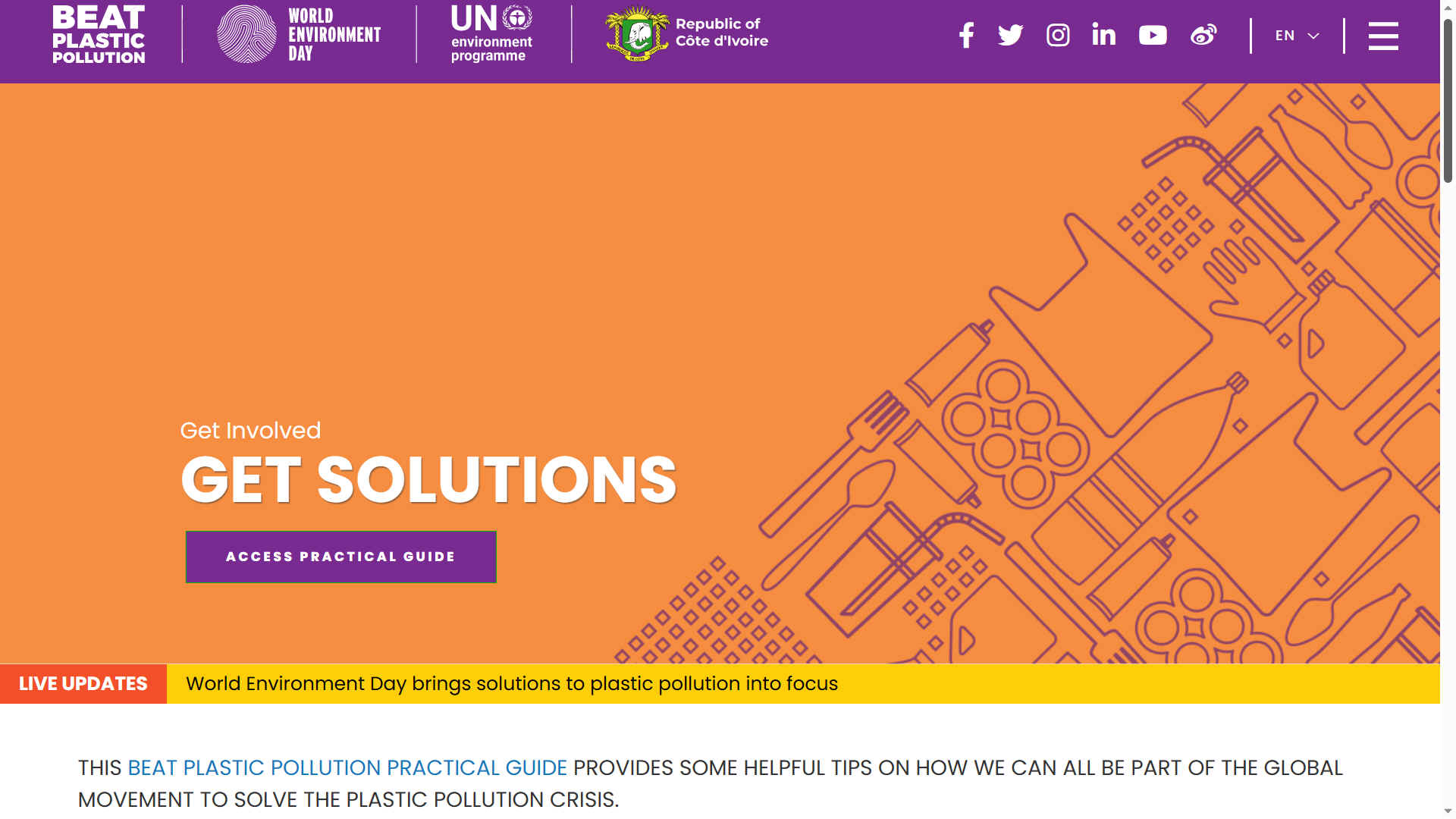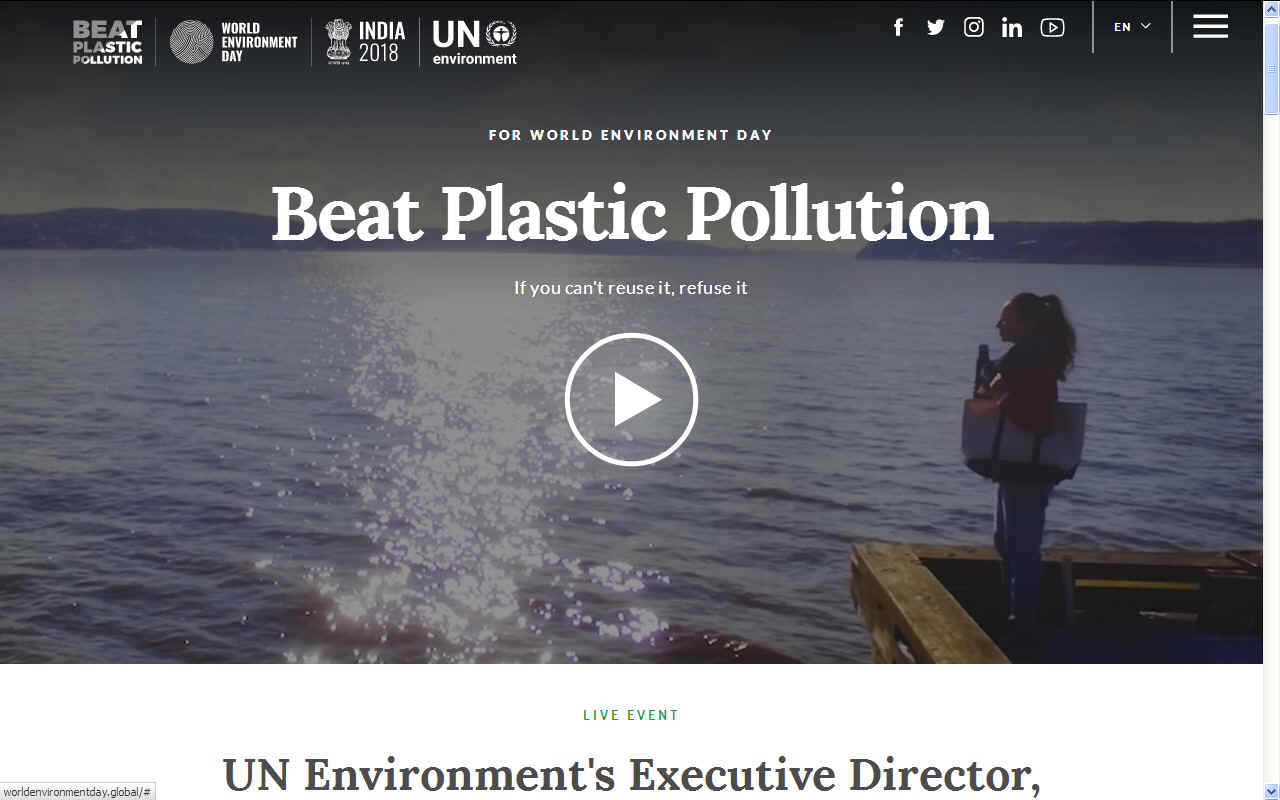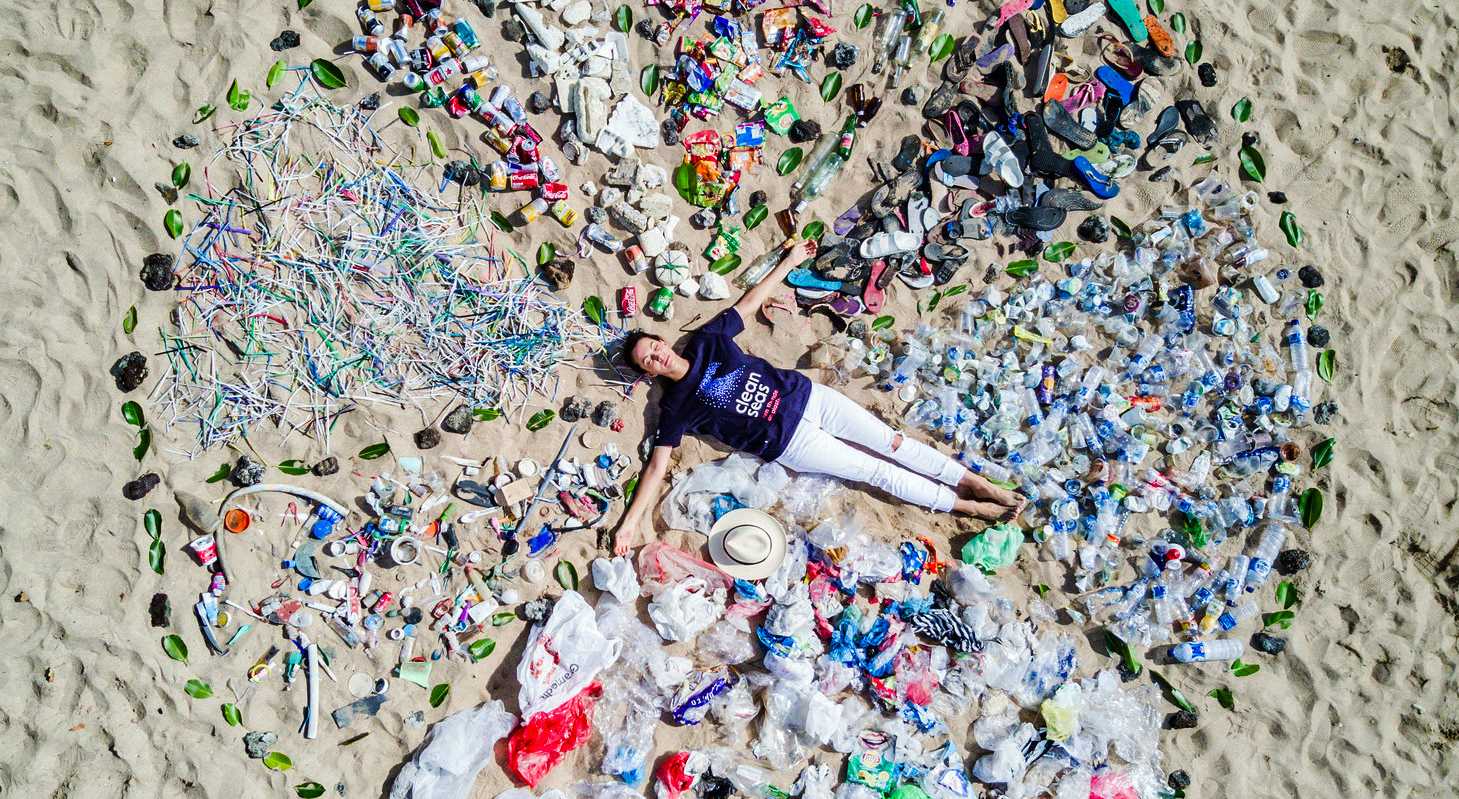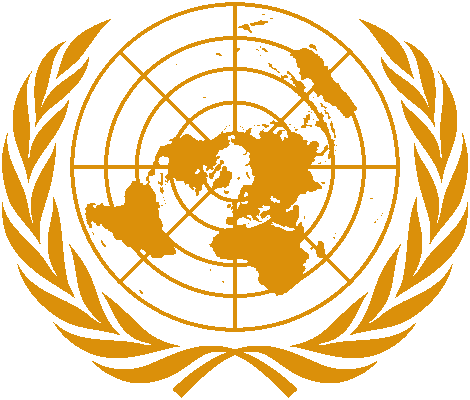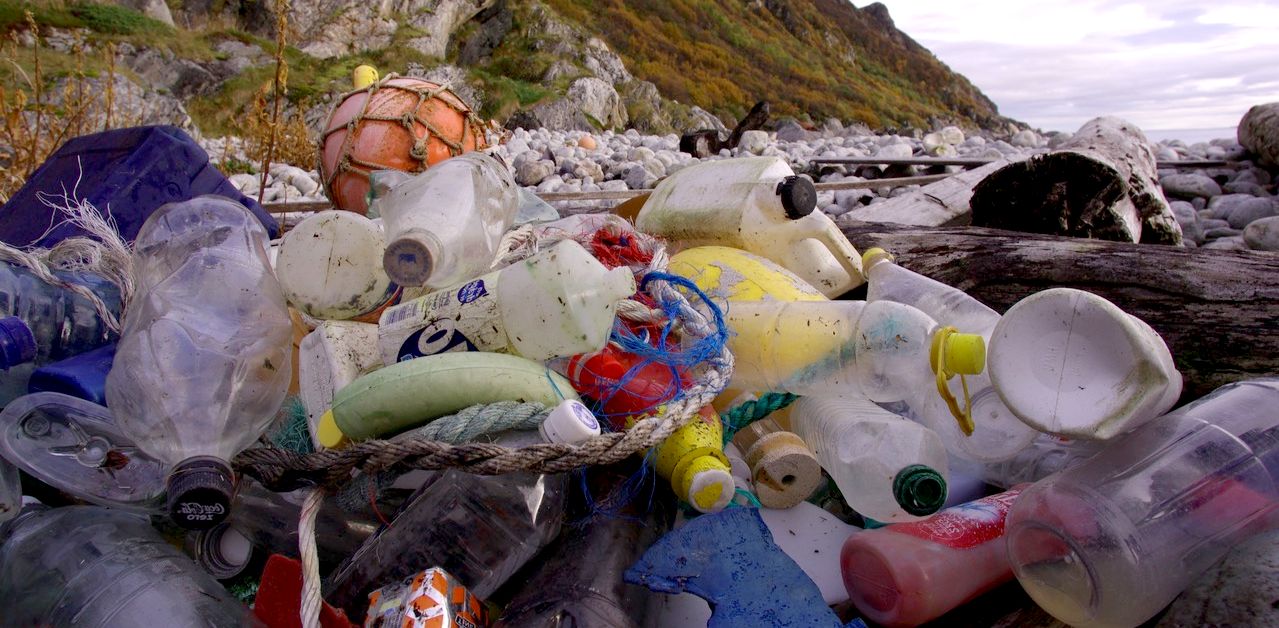|
WORLD ENVIRONMENT DAY 5th JUNE 2023
ABOUT - CLIMATE - HOME - OCEAN PLASTIC
PLEASE USE OUR A-Z INDEX TO NAVIGATE THIS SITE WHERE PAGE LINKS MAY LEAD TO EXTERNAL SITES
In 2018 the UN's World Environment Day theme was to Beat Plastic. Five years later in 2023, the plastic menace has grown. It is far worse now, with plastic production and disposal in landfill, rivers, and ultimately the ocean - increasing. So what are our world leaders doing about it? NOTHING.
This level of plastic growth is a clear indication that policies are failing dramatically with our present flock of political sheep, governed by banks - hence, the Bentley and Rolls-Royce stock trading brigade. Jolly Hockey sticks. Nothing wrong with making a profit of course, so long as it is achieved ethically and responsibly. Morals to be applauded; sadly lacking.
The G7 and G20 are to blame. They have consistently turned their backs on potential solutions like SeaVax, out for free lunches, relying on the generosity of beach cleaners, while they stack the ocean full of plastic, displacing fish and other marine life - because of money. But, beach cleaning by armies of volunteers cannot make a significant impact. Big thanks anyway.
Conventional politicians have too much invested in fossil fuels and oil derived polyolefins, to simply ban single use plastic packaging. It is that simple. We don't want Planet Criminals, driven by greed. We need leaders with a sustainable vision. It is that simple. And there are biodegradable/compostable alternatives. Why then are they not used in supermarkets? Because it is not a legal requirement. That is why. We need environmentally aware politicians.
Please vote for a Green politician. A politician with a Green-Blue agenda. Where Blue is the modern Green. Most independents are eco-aware. In the UK, the Liberal Democrats might be persuaded to ban non-compostable plastic, rather more that way inclined than rank and file 'CON'-servatives. Who have been stringing us along on plastic since 2016, as they kiss the backsides of oil giants - including North Sea operators. Leading to a £2.7 trillion debt (trading deficit). $31.4 trillion dollars in the United States. Are they insane!
Money is the root of all evil. Please do not vote for the same old diatribe. The usual suspects will say anything to retain power. But, as Boris Johnson has amply demonstrated, allegedly, he lied through his teeth on many issues, until finally being sacked. He even lied to Queen Elizabeth.
BEAT PLASTIC POLLUTION - Tackling ocean plastic is a United Nations agenda for sustainable use of the oceans and conservation of marine life under SDG14. Each World Environment Day is organized around a theme that focuses attention on a particularly pressing environmental concern. The theme for 2018, “Beat Plastic Pollution,” was a call to action for all of us to come together to combat one of the great environmental challenges of our time. The theme invites us all to consider how we can make changes in our everyday lives to reduce the heavy burden of plastic pollution on our natural places, our wildlife – and our own health. While plastic has many valuable uses, we have become over-reliant on single-use or disposable plastic – with severe environmental consequences. Sadly, the call did not work. Mainstream citizens are to busy suffering from the cost of living crisis, than to care about the environment. In any event, they do not have a choice. Because supermarkets keep selling food in single use plastic packaging.
UN Environment is the leading global voice on the environment. It provides leadership and encourages partnership in caring for the environment by inspiring, informing, and enabling nations and peoples to improve their quality of life without compromising that of future generations. UN Environment works with governments, the private sector, civil society and with other UN entities and international organizations across the world.
The World Environment Day is the single largest celebration of our environment each year. Since it began in 1974, it has grown to become a global platform for public outreach that is widely celebrated across the globe.
Humans are both creatures and moulders of their environment, which gives them physical sustenance and affords them the opportunity for intellectual, moral, social and spiritual growth. In the long and tortuous evolution of the human race on this planet a stage has been reached when, through the rapid acceleration of science and technology, humans have acquired the power to transform their environment in countless ways and on an unprecedented scale.
SPEECH BY INGER ANDERSON
Mr
Jean-Luc Assi, Minister for the Environment and Sustainable
Development
THE RISING PROBLEM OF PLASTIC WASTE IN INDIA
According
to projections for 2023, the United States consumes 2.7 times
as much plastic yearly as India - at this time. The margin is
expected to shrink to 1.6 times in 2033 and to be almost equal
by 2053. This suggests that between 2023 and 2053, plastic
usage in India could climb by a factor of four.
By
May 2024, most single use plastic will need to be passing a
test which is: 90% biodegradation in 24 months max. (anaerobic
test ASTM5511 or Indian equivalent to be confirmed).
•
If these single-use plastics do not pass the tests, they
cannot be in the market any longer by May 2024.
UN LINKS & REFERENCE
http://www.un.org/
PLEASE USE OUR A-Z INDEX TO NAVIGATE THIS SITE WHERE PAGE LINKS MAY LEAD TO EXTERNAL SITES
This website is provided on a free basis as a public information service. copyright © Cleaner Oceans Foundation Ltd (COFL) (Company No: 4674774) 2023. Solar Studios, BN271RF, United Kingdom. COFL is a charity without share capital. The names AmphiMax™, RiverVax™ and SeaVax™ are trade names used under license by COF in connection with their 'Feed The World' ocean cleaning sustainability campaign.
|
